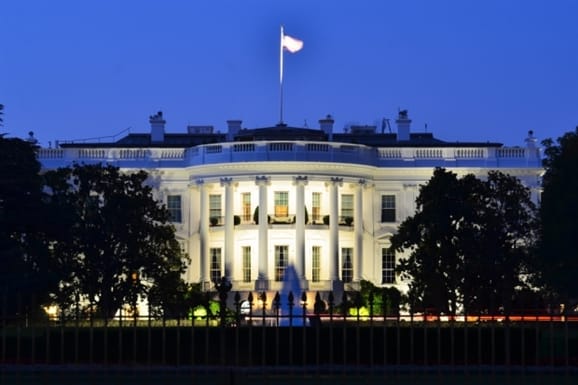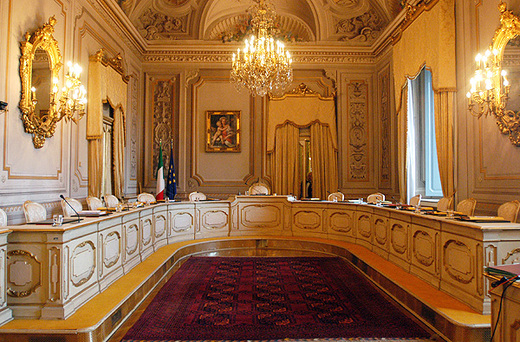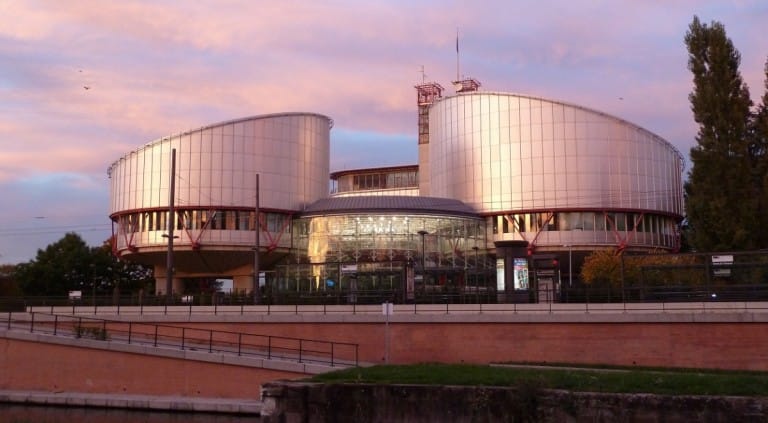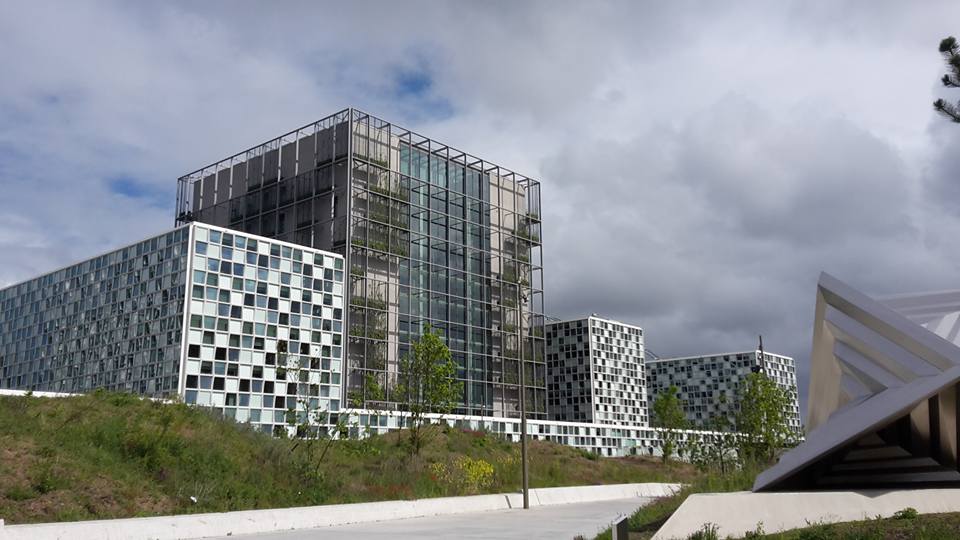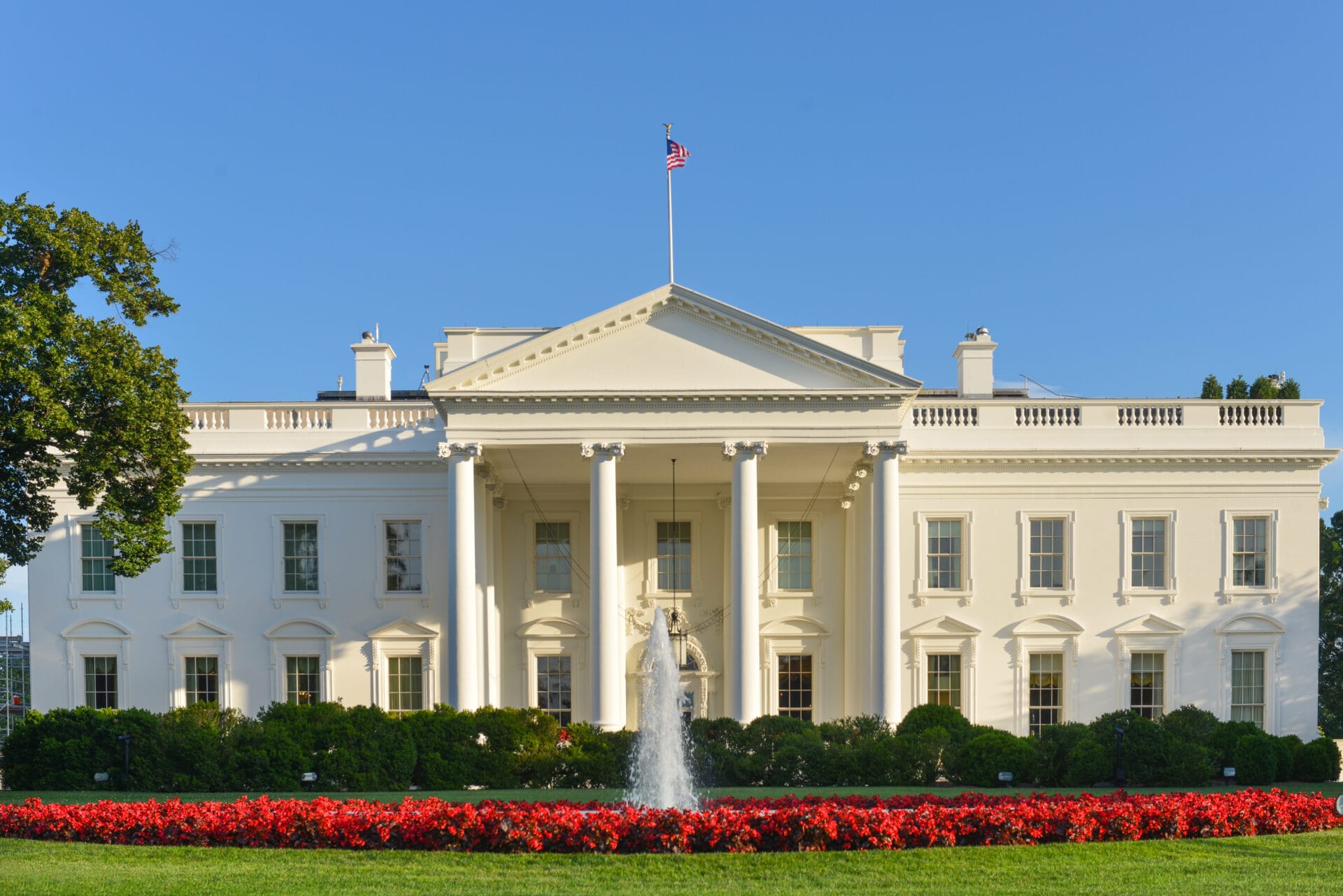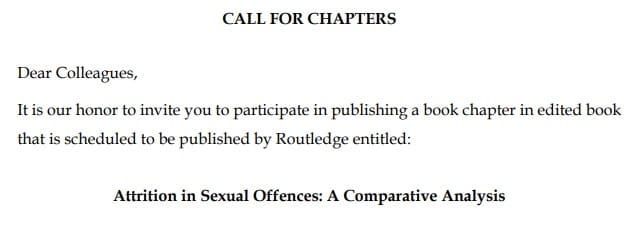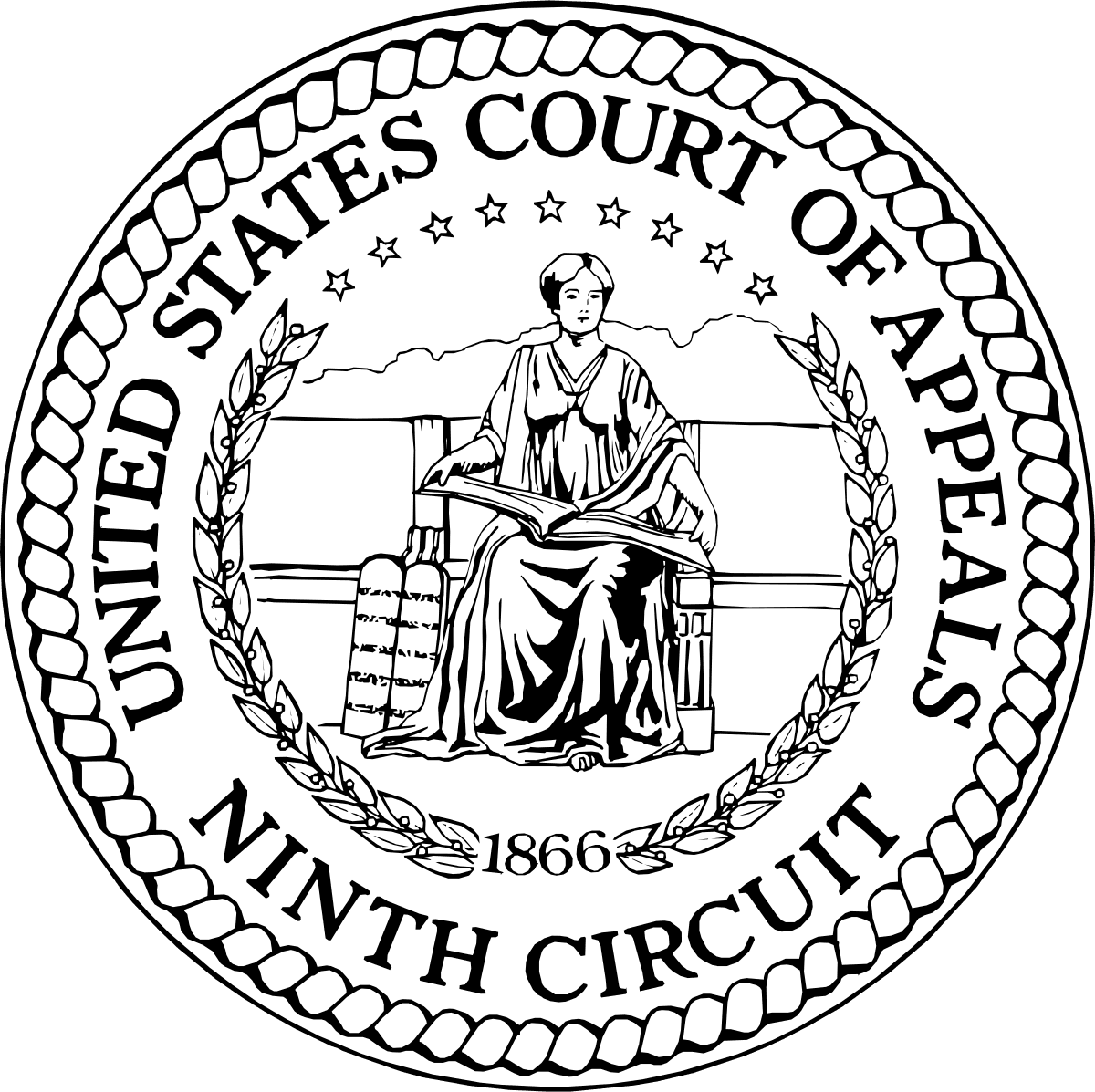Another red light for Trump’s executive order
in Giurisprudenza Penale Web, 2017, 2 – ISSN 2499-846X
United States District Court, Western Circuit of Washington at Seattle,
State of Washington et al. v. Donald Trump et al., Case no. C17-0141JLR,
Temporary Restraining Order, 3 February 2017
The legal review over US President Trump’s executive order entitled “Protecting the Nation From Foreign Terrorist Entry into the United States” has brought to a new judicial halt, after Judge Donnely’s order of 27 January 2017.
The State of Washington and the State of Minnesota filed constitutional and statutory claims against the United States, the President, and the Secretaries of Homeland Security and State before the US Western District Court of Washington at Seattle. They moved for an temporary restraining order (TRO) of a portion of President Trump’s executive order, namely sections 3(c), 5(a)-(c), and 5(e) of the Order, related to the travel ban for travellers from seven Muslim-majority countries (Iraq, Syria, Iran, Libya, Somalia, Sudan, and Yemen) and to the suspension of the Refugees Admissions program.
A TOR is an extraordinary remedy which is granted to a party only if it is able to satisfy the Winter test (named after the case Winter v. Nat. Res. Def. Council, 555 U.S. 7, 22 (2008)). Such a remedy is issued in extraordinary circumstances with the purpose to preserve current conditions until a hearing is held at which both parties are present.
The Winter test asks the party to prove that:
- (1) he is likely to succeed on the merits of his claims,
- (2) that he is likely to suffer irreparable harm in the absence of preliminary relief,
- (3) that the balance of equities tips in his favor, and
- (4) that an injunction is in the public interest.
In the present case, the federal judge James L. Robart found that the States have met the aforementioned legal standards, in particular with respect to their suffering of “significant and ongoing” harm. In his reasoning, Judge Robart noted that the Executive Order “adversely affects the States’ residents in areas of employment, education, business, family relations, and freedom to travel,” and that these harms “extend to the States by virtue of their roles as parens patriae of the residents living within their borders.”, with a negative impact also on the operations and missions of Public universities as well on States’ operations, tax bases and public funds.
According to such arguments, on the 3rd of February the court granted the TOR, deemed as necessary, with the immediate effect of temporary barring enforcement of the aforementioned sections of the Presidential executive order, at all US bords and ports of entry (nationwide, and not only within the territory of the two States).
The court concluded the order noting that the Judiciary is one of the three equal branches of the US federal government, invested with the “limited” task of ensuring that the actions taken by the legislative and executive branches are in compliance with the country’s law and constitution.
The US Justice Department promptly appealed Judge Robart’s TOR and requested that the US Court of Appeals for the Ninth Circuit in San Francisco enter an emergency stay pending the appeal claiming, inter alia, that the Presidential Order is a valid exercise of the executive’s constitutional and statutory power.
Furthermore, the Government sought an immediate administrative stay of the TRO while its emergency stay motion was under consideration. On the 4th of February the White House’s motion for an immediate stay was rejected. The Appeals Court will now have to rule on the emergency stay motion.
How to quote the article in a bibliography:
S. Carrer, Another red light for Trump’s executive order, in Giurisprudenza Penale Web, 2017, 2

